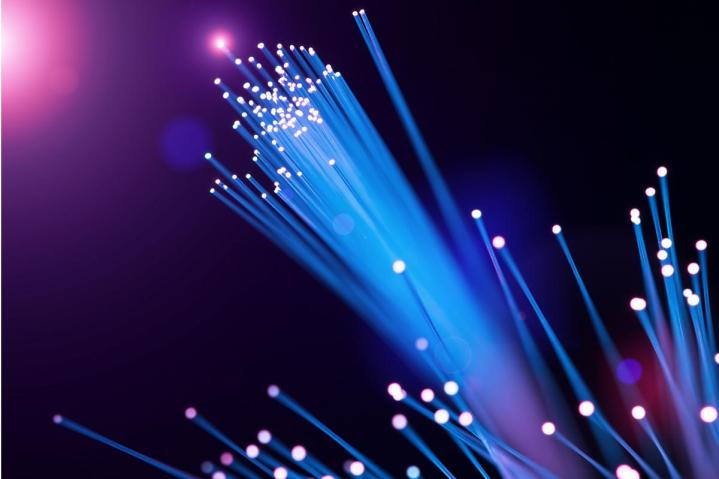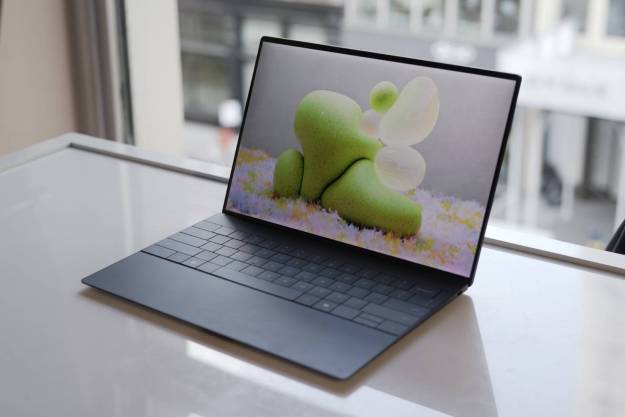
These blazing fast speeds, which are around 1,000x faster than the fastest fiber optic internet connections in the U.S., were achieved by using a technique called Probabilistic Constellation Shaping, or PCS, according to ZDNet.
PCS can achieve this level of speed because it handles data transmission in a fundamentally different way. By essentially stacking signals inside the fiber optic cable, instead of transmitting them back-to-back, researchers at the aforementioned labs were able to very nearly scrape the surface of the theoretical limit of signal transmission via fiber optic cable.
The theoretical limit, the glass ceiling which Nokia Bell Labs managed to scuff with their 1Tbps test, was first discovered in 1948 by Claude Shannon, a pioneering engineer at Bell Labs.
That is, of course, a vast oversimplification of a very complicated process, but the end result is a massive increase in transmission speed. While you’re not going to see a 1Tbps internet connection any time soon, the fact that the Nokia’s Bell Labs were able to reach that speed in a laboratory setting, using a novel transmission method, will have far-reaching implications.
“Future optical networks not only need to support orders of magnitude higher capacity, but also the ability to dynamically adapt to channel conditions and traffic demand,” said Marcus Weldon of Nokia Bell Labs in a press release.
High-speed data connections are, of course, an area of great interest as online communications demand more and more from existing hardware. Advancements in the field aren’t uncommon, but the Nokia lab test completely surpasses what’s capable with current technology. If it becomes feasible for everyday use, it could lead to a huge leap in bandwidth.


